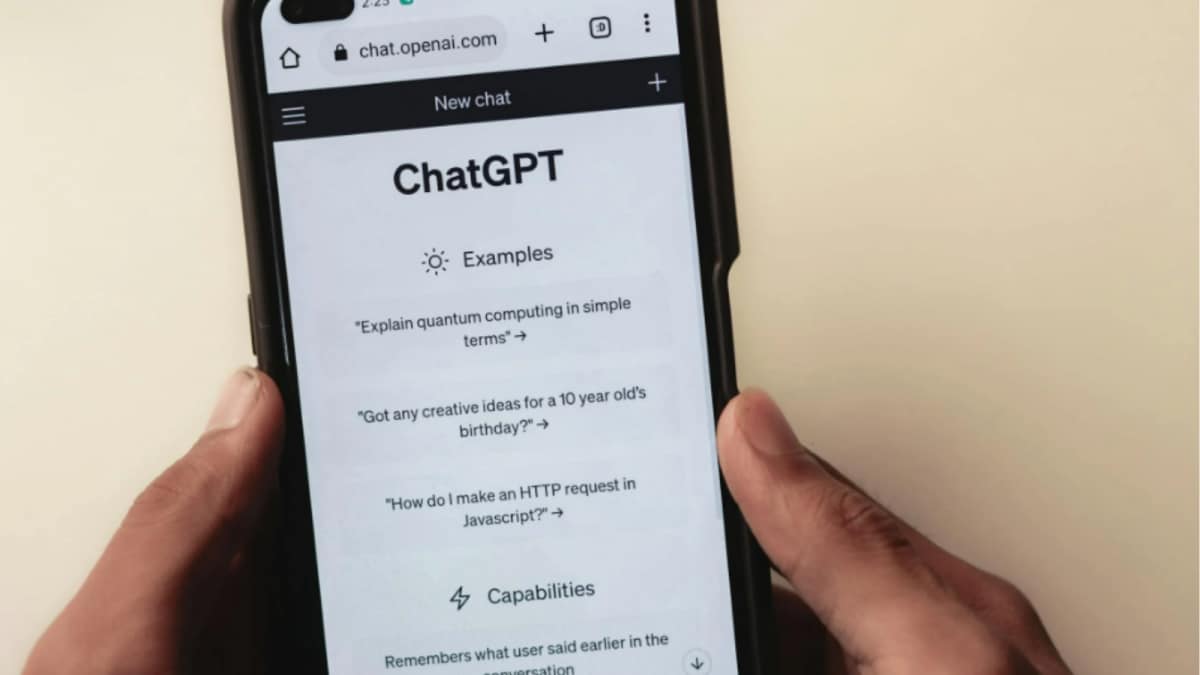AI Comfort or Crisis? Experts Warn of 'AI Psychosis' Affecting Gen Z and Alpha

A growing concern is emerging among mental health professionals in India: 'AI psychosis.' This phenomenon describes an increasing reliance on artificial intelligence (AI) chatbots, particularly among Gen Z (born roughly 1997-2012) and Gen Alpha (born roughly 2010-2025) generations, for emotional support and companionship. While AI offers convenience and accessibility, experts are cautioning about the potential long-term psychological ramifications of substituting human connection with digital interactions.
The Rise of AI Companionship
The proliferation of sophisticated chatbots like ChatGPT, Bard, and others has made AI interaction readily available. These platforms are designed to mimic human conversation, offering users instant responses, personalized advice, and a sense of validation. For young people navigating the complexities of adolescence and early adulthood, facing social pressures, and struggling with mental health challenges, the allure of a non-judgmental, always-available 'friend' can be strong. The ease of access and 24/7 availability are significant draws, especially when traditional support systems feel inaccessible or overwhelming.
What is 'AI Psychosis'?
The term 'AI psychosis' isn't a formal clinical diagnosis yet, but it reflects a growing anxiety about the potential for excessive AI dependence to blur the lines between reality and simulation. Experts are observing behaviors like:
- Emotional Dependency: Users developing strong emotional attachments to chatbots, viewing them as confidantes and sources of comfort.
- Social Isolation: Replacing real-world relationships with interactions with AI, leading to decreased social skills and feelings of loneliness despite constant digital connection.
- Distorted Reality: Difficulty distinguishing between AI-generated responses and genuine human perspectives, potentially impacting decision-making and social judgment.
- Identity Confusion: Individuals shaping their identities and values based on AI’s responses, rather than through personal experiences and interactions with diverse individuals.
Why Gen Z and Alpha are Particularly Vulnerable
Gen Z and Alpha have grown up immersed in technology. They are digital natives, accustomed to constant connectivity and accustomed to seeking information and validation online. Their brains are still developing, making them more susceptible to the persuasive influence of AI and the potential for forming unhealthy dependencies. Furthermore, the pandemic exacerbated feelings of isolation and anxiety, further driving some young people towards digital solace.
The Indian Context
India's rapidly growing digital landscape, coupled with increasing internet penetration and smartphone adoption, means this issue is particularly relevant here. Mental health resources remain limited in many areas, making AI chatbots appear as a convenient alternative. However, it's crucial to recognize that AI cannot replace the empathy, nuance, and professional guidance of a qualified mental health professional.
Moving Forward: A Call for Awareness and Responsible AI Use
Addressing this potential crisis requires a multi-faceted approach:
- Education: Raising awareness among young people, parents, and educators about the potential risks of excessive AI reliance.
- Promoting Digital Literacy: Equipping individuals with the skills to critically evaluate AI-generated information and understand its limitations.
- Strengthening Mental Health Services: Expanding access to affordable and accessible mental health support in India.
- Responsible AI Development: AI developers need to prioritize ethical considerations and design AI systems that promote well-being rather than exacerbate mental health issues.
The rise of AI presents both opportunities and challenges. By acknowledging the potential risks and proactively addressing them, we can harness the power of AI while safeguarding the mental health and well-being of our younger generations.






